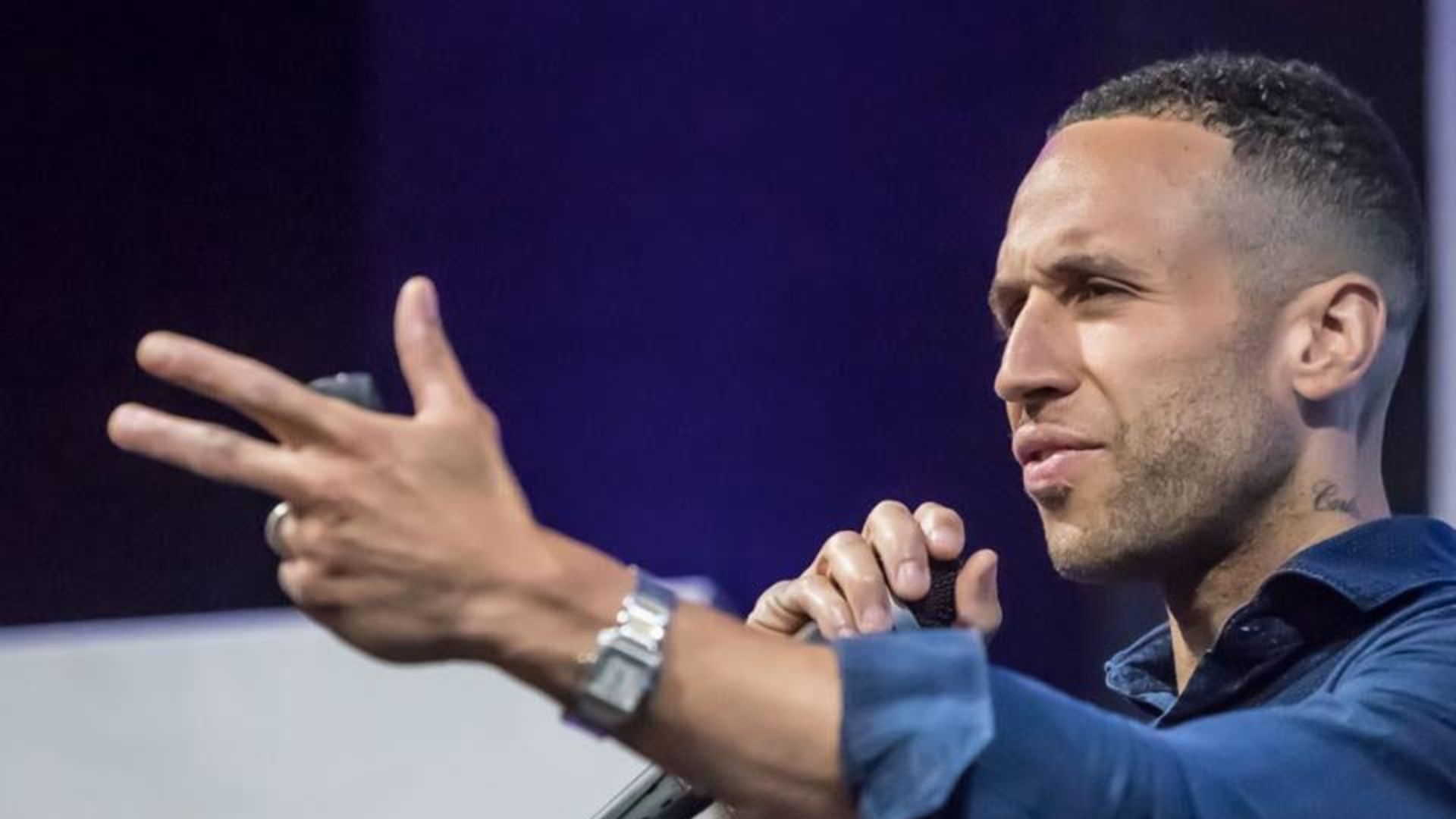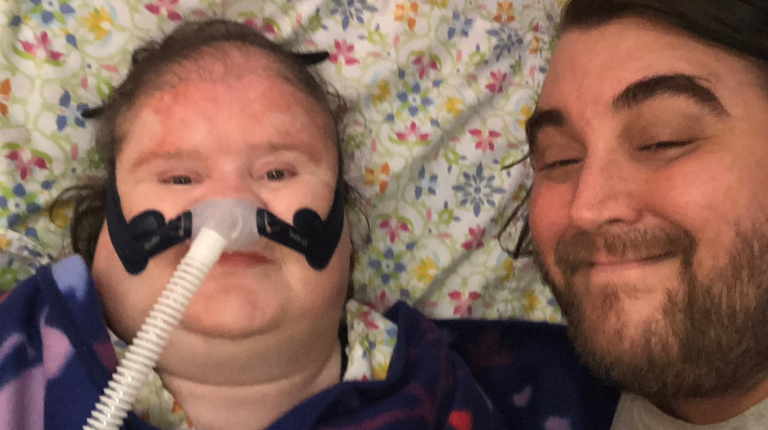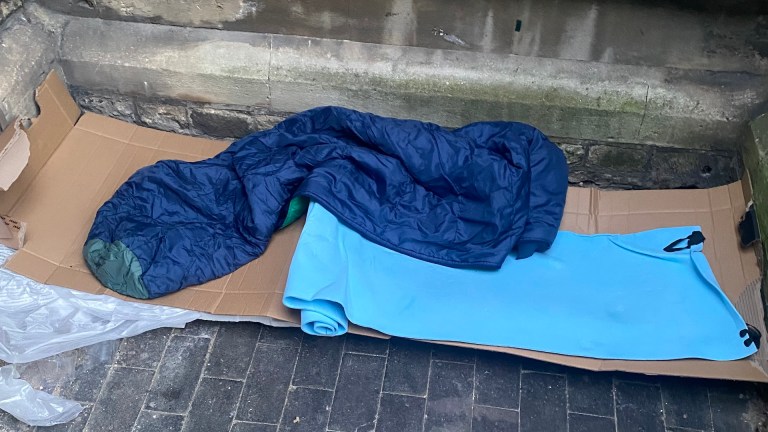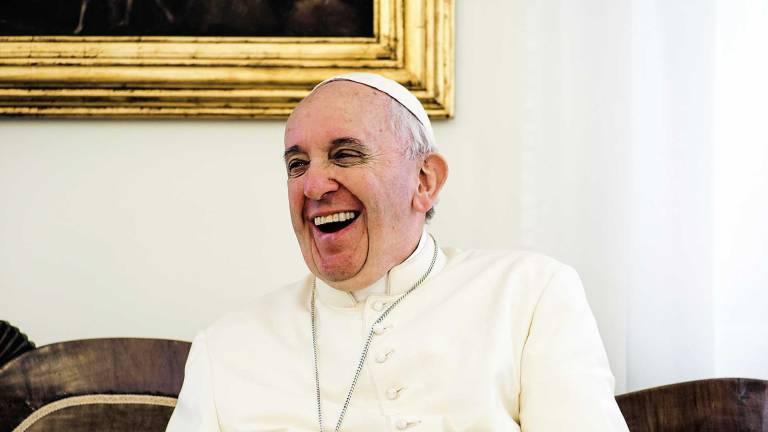“Everyone gets cards dealt to them in life,” Dwayne said. “Those cards have an effect, trauma has an impact on decisions.”
“Pain and suffering causes more pain and suffering.”
What is the link between trauma and crime?
England and Wales have the highest incarceration rate in Western Europe, at 141 people per 100,000. The prison population has risen by 80% in the last 30 years. Some 63% of inmates who serve less than 12 months in custody will reoffend within a year of release.
Successive Tory governments have claimed to be “tough on crime” – but harsh sentencing doesn’t tackle the root of antisocial behaviour. More than 80% of the UK prison population have experienced at least one adverse childhood experience.
“You can’t judge people just by their behaviour – there’s always something behind that behaviour,” Dwayne said. “Trauma was the driving force of my actions, definitely.”
After Dwayne’s dad left, his mum “aired her anger” on him. “It’s like I reminded her of dad,” he recalls. The little boy sought friendship among the criminal ‘elders’ on his estate.
Advertising helps fund Big Issue’s mission to end poverty
“I didn’t feel loved or looked after at home, so being part of the elders gave me that sense of belonging,” he said. “I was just six when I started doing crime. I was asked to help with theft, burglary and drug runs. By the time I was a teenager I was doing crack cocaine. I’d use it to numb myself.”
At 13, Dwayne received his first Detention Training Order, and at 15 he went to Feltham Young Offenders Institution. He spent 17 years in and out of prison, convicted for thefts, robberies, drug dealing and possession of a firearm.
“I didn’t know any other life. I grew up fast and I missed my childhood. All my special occasions, all my birthdays I was in prison,” he said.
Growing up in custody can be scary. Prisons holding children are “significantly more violent” than jails holding adult men, chief inspector of prisons Charlie Taylor said last year.
He was commenting on the “bleak” findings of the children in custody 2022-23 report, which interviewed children aged 12 to 18 in secure training centres and young offender institutions. The report found that children continued to spend far too long alone in their cells. Just 46% of children reported feeling cared for by staff, and 32% of children did not have a single member of staff they trusted to help them if they had a problem.
“We are storing up real problems for the future by failing to help children learn better ways to manage frustration and conflict and giving them access to the education many of them have missed out on in their lives before they were incarcerated,” Taylor said.
Advertising helps fund Big Issue’s mission to end poverty
Dwayne agrees. The young man wasn’t ”scared” of prison because he “didn’t know any other life” – but he couldn’t find a way out of the cycle of violence.
“I’ve been shot, stabbed and chopped in the head with a machete. I’ve been paralysed on my left, scars all over my body, I could have been killed so many times, but I didn’t care about my own life let alone anyone else’s,” he said.
In 2014, Dwayne was “at rock bottom”. Something had to change.
“I’d just met my now wife, Mel, but neither of us were in a place to make things work. If I carried on as I was, I would have destroyed us both,” he recalls. “I had to heal my trauma.”
Through a combination of therapy and meditation, Dwayne started his path to recovery. Just a few weeks after his release, he married Mel. The couple went on to set up Roadlight and 7RoadLight CIC, two social enterprises that work with the Ministry of Justice, local authorities, councils, schools, social services and other charities to support vulnerable families and young people.
He wants to prevent future generations from “suffering and criminality” – and prevent the victims of crime, the “innocent people who are hurt along the way.”
Advertising helps fund Big Issue’s mission to end poverty
“We look at a criminal or a young person committing a crime, and form our opinions,” he said. “But there’s cause and effect here.”
Actor and Harry Potter star Zoë Wanamaker – who voices Causeway’s new animation – agrees.
“I hope by people seeing Dwayne’s story told, we can bring more compassion when we look at those who have been involved in the criminal justice system,” she said.
“In many case, traumas and abuses in childhood can affect the steps which somebody takes, and the opportunities open to them.”










